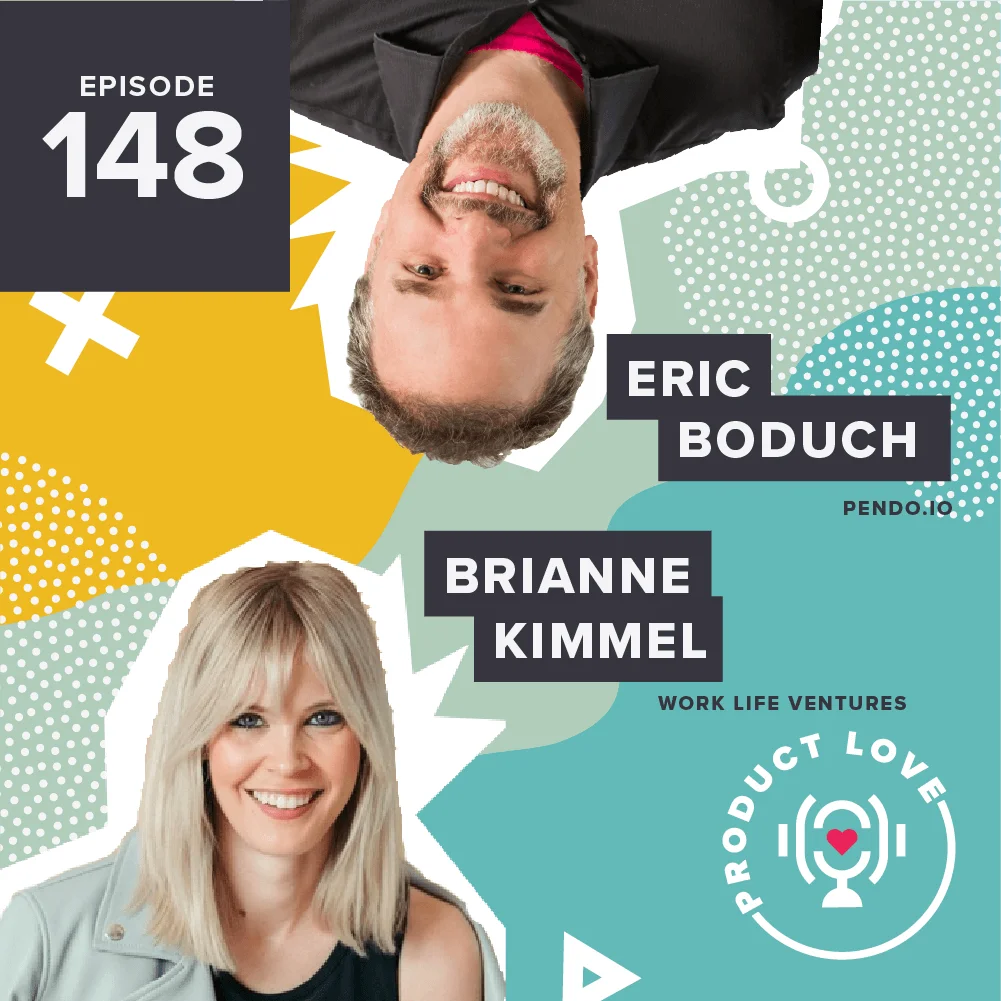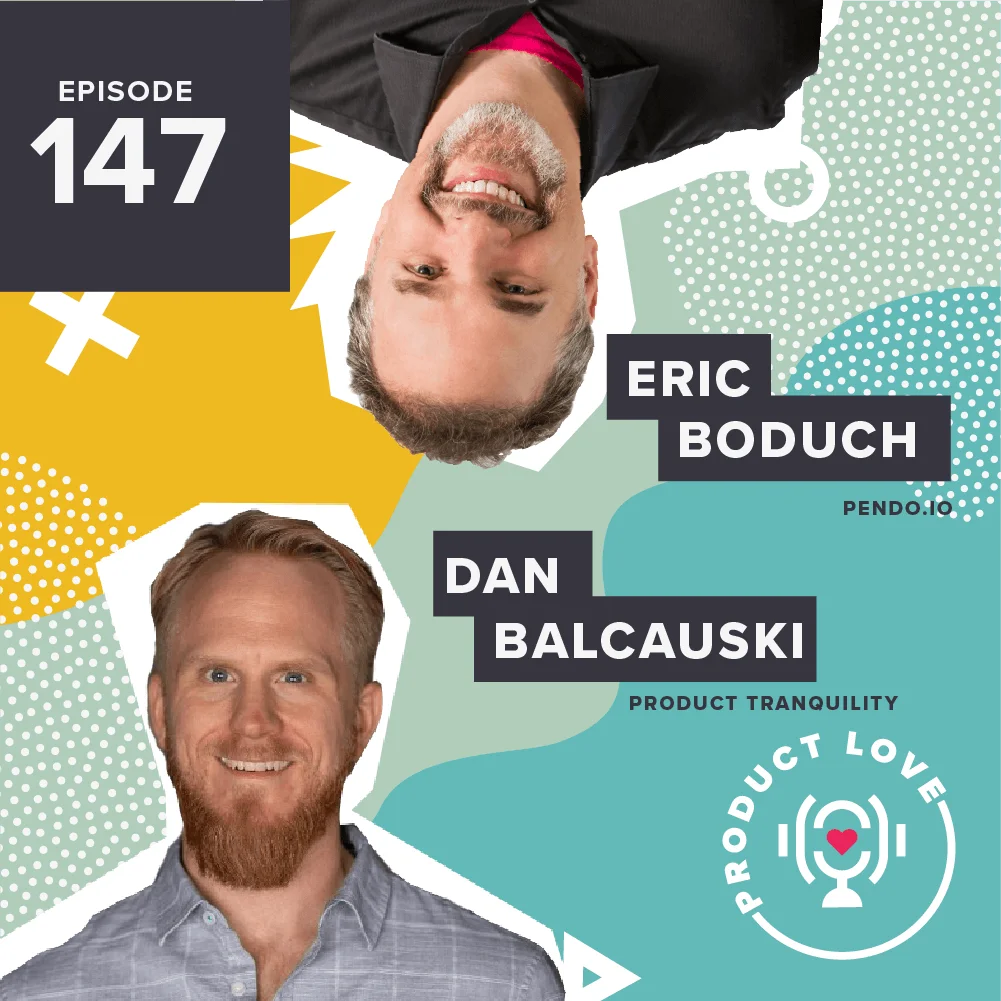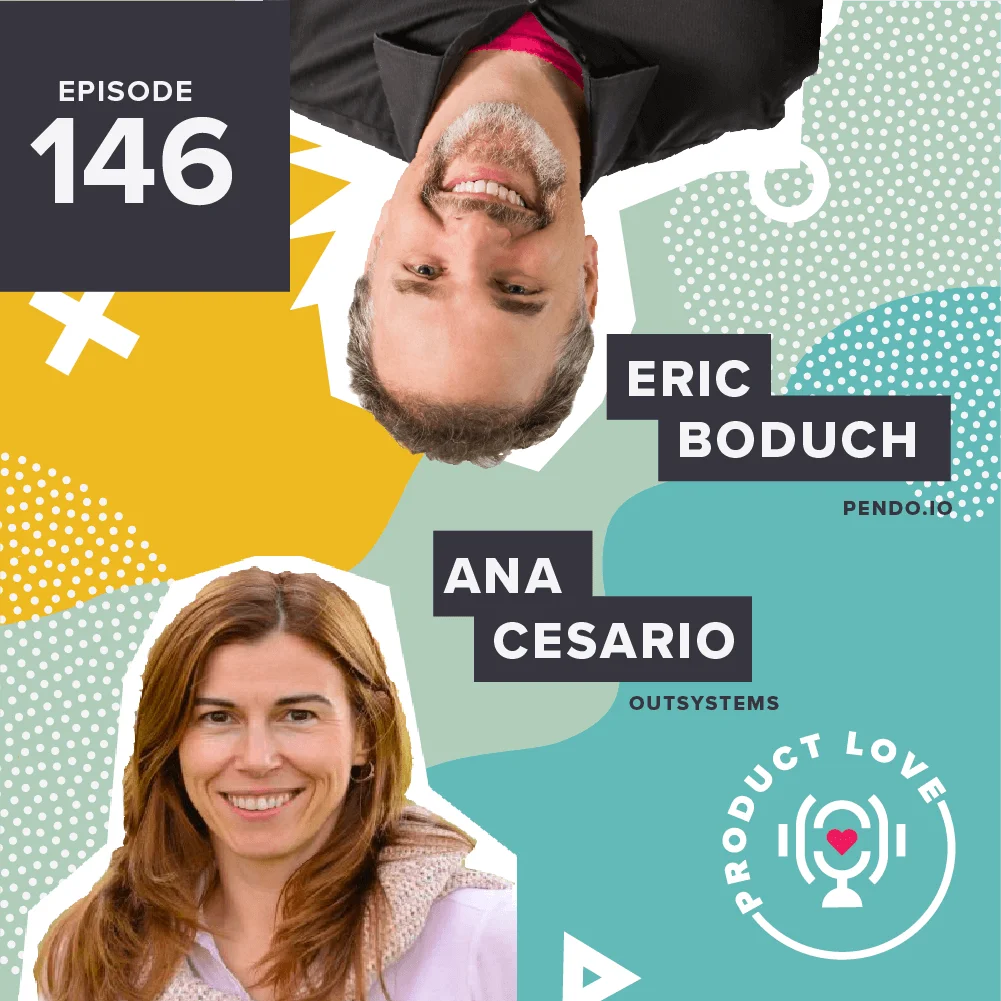This week on Product Love, I sat down with Carey Jenkins, CEO of Substantial. Substantial is a digital product studio that has worked with clients like Google, Amazon, Mercedes Benz, and more. While we did delve into one of her cool projects at Mercedes, we also discussed product ecosystems and ethical product building. Carey believes that we need to be a lot more mindful about the products we’re going to build, but also the teams we raise. It’s not that a product has to be in the social impact space to be meaningful—it’s more about considering the relationship you have with all of the users in the ecosystem in which your product exists.
Take a healthcare startup that built software for pharmaceutical companies that helped the doctors they worked with to make quicker diagnoses and offered up recommended courses of treatment. One of those recommendations included a prescription for painkillers. This product was great at saving time and increasingly productivity for doctors, but there was another set of users in that ecosystem whose interests were ignored: patients. For patients, the prescription recommendation often led to opioid addiction.
The product was succeeding in its intended purpose by most measures: users (the doctors) were happy, customers (the pharmaceutical companies) were happy, revenue was positive and the startup was positioned for an IPO. But what about that other set of stakeholders? While that situation has resolved, it’s an important lesson in understanding how a product ecosystem must be thoroughly studied.
Product managers are on the frontlines of every decision that impacts users. Preventing problems like the above starts with modeling what product managers are doing, whether they’re scared to push back on questionable decisions or feel like they lack autonomy, or if they might be disconnected from the product. Carey recommends identifying what motivates your product team. If they’re incentivized by revenue or growth, they’ll use that as their north star metric above all else. This could mean trading off other values in service of boosting those metrics. Make sure your product culture is in the right place, and you’re having meaningful conversations with your product teams.
We also talk more about gaming, and ethical responsibility in the episode.




